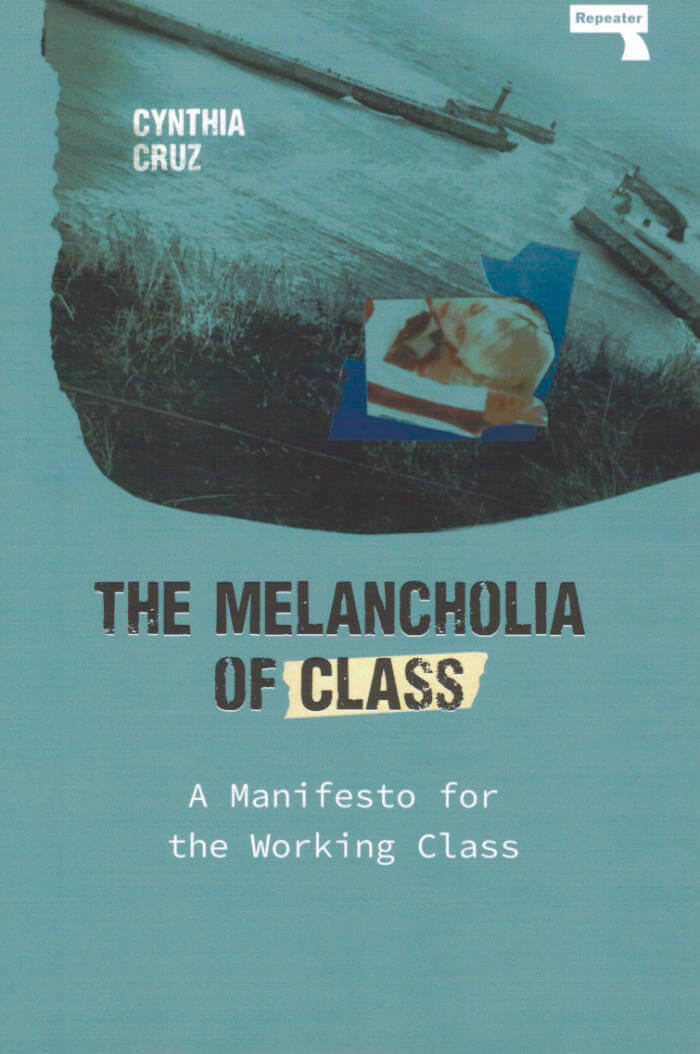
The Melancholia of Class: A Manifesto for the Working Class
In The Melancholia of Class, Cynthia Cruz analyses how this choice between assimilation or annihilation has played out in the lives of working-class musicians, artists, writers, and filmmakers — including Amy Winehouse, Ian Curtis, Jason Molina, Barbara Loden, and many more — and the resultant Freudian melancholia that ensues when the working-class subject leaves their origins to "become someone," only to find that they lose themselves in the process.
Part memoir, part cultural theory, and part polemic, The Melancholia of Class shows us how we can resist assimilation, uplifting and carrying our working-class origins and communities with us, as we break the barriers of the middle-class world. There are so many of us, all of us waiting. If we came together, who knows what we could do.
Cynthia Cruz is the author of six collections of poems: Dregs, How the End Begins, Wunderkammer, The Glimmering Room, Ruin, and Guidebooks for the Dead. Disquieting: Essays on Silence, a collection of critical essays on marginalization and silence, was published by Book*hug in 2019. Her first work of fiction, a novella, Steady Diet of Nothing, is forthcoming. She teaches at the City College of New York and in the MFA Writing Program at Columbia University.
Published 2021
Language: English




